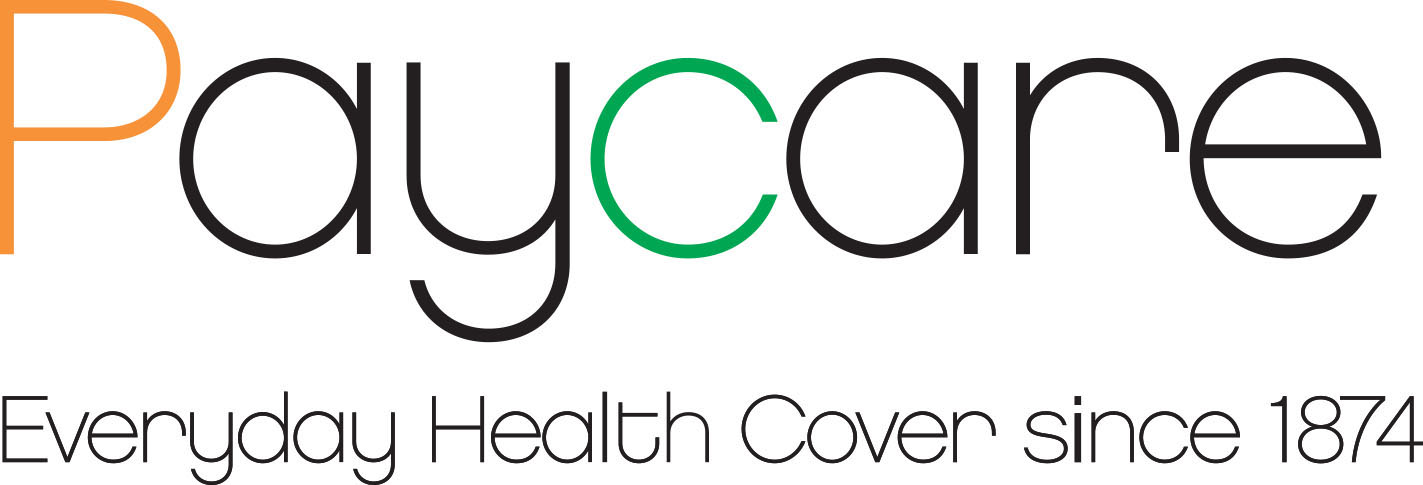If you are worried that someone might see you have visited this page, find out how you can stay safe online and cover your tracks before you proceed.
Domestic Abuse can
happen to anyone.
You are not alone. There is absolutely no excuse for Domestic Abuse. We are not here to judge you or make a decision for you. We are here to support you in a way that works for you.
If you are feeling at risk or being subjected to abuse, help and support is available and this can include the police, helplines, online chat, counselling, and refuges. You can find more information about our services on this page.
If you are in immediate danger, please call 999
Calling from a mobile
- Call 999.
- You can be silent.
- Listen to the questions from the operator.
- Respond by coughing or tapping the handset if possible.
- When prompted press 55 to let the operator know that it is a genuine emergency call and the operator will put your call through to a police call handler. Pressing 55 does not enable police to track your location.
- The police call handler will attempt to communicate with you by asking simple yes or no questions. Listen carefully to the questions and instructions from the call handler so they can assess your call and arrange help.
Calling from a landline
- Call 999.
- You can be silent
- The operator will hear background noises but cannot decide what emergency service is required.
- Because it is less likely that 999 calls are made by accident from a landline, the call will be connected to a police call handler.
- The police call handler will attempt to communicate with you by asking simple yes or no questions. Listen carefully and respond accordingly.
When 999 calls are made from landlines, information about where you’re calling from should be automatically available to the call handlers to help provide a response.
You are not alone
We can help
We support women and children who are subjected to all forms of Domestic Abuse and this can include sexual abuse, stalking and harassment, coercive control, tech abuse as well as other harmful practices like female genital mutilation, forced marriage, so-called ‘honour’-based violence, human trafficking and modern slavery.
Safety Planning Guide
Information to consider if you are thinking about leaving an abusive relationship.
Health & Wellbeing Guide
Information to improve your mental health if you are feeling worried and anxious.
Domestic Abuse Guide
Information to help you recognise abuse if you are unsure about what it is.
Support from The Haven
If you are not able to speak with us in English, you can still reach out to us for support; we use a telephone translation service for anyone calling us for support, whose first language is not English. Paycare kindly contribute towards the cost of our translation services.

Accommodation Support
If you are fleeing from abuse, we may be able to provide you with emergency accommodation. All of our accommodations are kept to a high standard and trained staff are on hand to provide one-to one emotional and practical support to help you settle in.
Some of our accommodation are communal refuge spaces but you will have your own private bedroom. Women often tell us that whilst they felt initially concerned about living with others in a shared space, they find it helpful to interact with other women who have had similar experiences.
Community Support
We know that not all survivors of abuse wish to live in refuge. Some women may want to stay in their own homes or find alternative accommodation within the community. Our Community team can help women with safety planning, as well as other practical and emotional support like housing applications, or taking cases through the criminal justice system. Our Independent Domestic Violence Advisors are always available to address your safety.
Counselling
Our counselling services takes its approach from Person-Centred Therapy (PCT) which focuses on your feelings, emotions and perceptions. Our qualified counsellors support specialist and complex cases like childhood abuse, historical abuse, diagnosed mental health conditions, self-harming behaviour etc. We can now provide counselling in 10 different languages (Urdu, Punjabi, Hindi, Pashto (Afghan), Arabic, Somali, Miburi, Swahili, Italian and Turkish) and we are committed to providing a counselling service that leads you to your desired outcome.
Women’s Programmes
Our women’s programmes have also been created with you in mind and they cover a range of topics to help you on your journey to recovery. These include programmes to help you boost your self-esteem, understand boundaries to become more assertive, , strengthen your bonds with your children to help them grow up in a positive way and learn new skills to encourage healthier relationships. Some of these may be emotional but they will also be empowering. We are not guaranteeing a quick fix but we can offer tips and strategies to help you rediscover yourself, rebuild your life and develop healthier relationships.
Specialist Support
We know that women who have been subjected to domestic abuse may require additional support. We are committed to sensitively addressing issues impacting both women’s and their children’s lives. Our specialist support can include complex or specific additional needs like:
- Women from a Black, Asian and minority ethnic backgrounds
- Female offenders
- Women affected by substance abuse (drugs and alcohol)
- Women experiencing poor mental health
- Women with financial difficulties or no recourse to public funds
Are you in need of accommodation?
We can provide temporary emergency accommodation, crisis rooms, and support with independent living. We can help you with specialist support, housing options, making applications for social housing, housing benefit applications and exploring employment opportunities. We will work with partners and specialist agencies, to help improve your outcomes. We will work with landlords to improve your living standards when moving into private sector housing.
Other Links and Useful Numbers:
Victim Support:
0808 168 9111
www.victimsupport.org.uk
National Stalking Helpline:
0808 802 0300
advice@stalkinghelpline.org
www.stalkinghelpline.org
Report a Stalker (GOV.UK):
www.gov.uk/report-stalker
National Domestic Abuse Helpline:
0808 2000 247
www.nationaldahelpline.org.uk
The Suzy Lamplugh Trust:
www.suzylamplugh.org
Paladin:
020 3866 4107
www.paladinservice.co.uk
Alice Ruggles Trust:
www.alicerugglestrust.org
The Cyber Helpline:
www.thecyberhelpline.com
